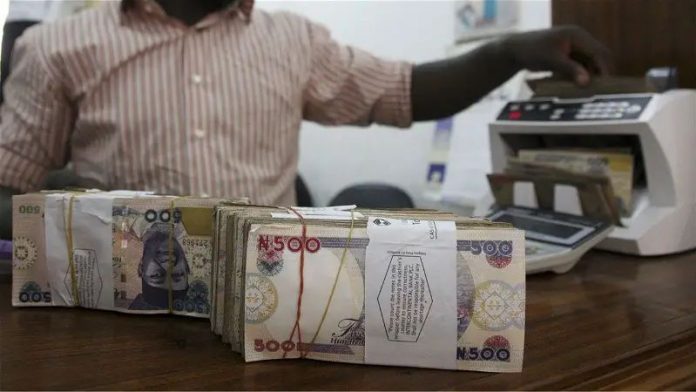Despite the Central Bank of Nigeria’s (CBN) efforts to alleviate the cash crunch by suspending charges for withdrawals above regulatory limits, the scarcity of currency notes in banks across the country persists, intensifying even after the Yuletide season.
Banks nationwide are reported to be rationing cash withdrawals both in their banking halls and through Automated Teller Machines (ATMs). Additionally, Point of Sale (PoS) operators have taken advantage of the situation, increasing transaction fees by not less than 100%.
The CBN’s recent move to suspend charges for cash withdrawals above regulatory limits, with a duration until April 30, has not fully mitigated the scarcity. Despite this, banks continue to restrict customers’ withdrawals well below the statutory limits.
The apex bank, in a statement, has warned of sanctions against banks and PoS operators found complicit in exacerbating the Naira notes scarcity crisis. The public is encouraged to report any infractions, including hoarding of Naira notes by banks and PoS operators.
Checks by Financial Vanguard in Abuja and Lagos reveal that across-the-counter withdrawal limits in most commercial banks range from N10,000 to N40,000, well below the regulatory limits set by the CBN.
Customers in various locations, including Abuja and Lagos, have expressed frustration as banks limit across-the-counter withdrawals, leading to long queues. Many report being able to withdraw only limited amounts, such as N10,000, after waiting for several hours.
The scarcity is affecting multiple areas, with banks in locations like Ketu, Mile 12, Amuwo Odofin, Surulere, and Trade Fair reportedly not loading cash into their ATMs. This has led to extended queues inside banking halls as customers seek to withdraw money for the weekend.
Bank officials cite insufficient cash as the reason for rationing, emphasizing that they have not received enough cash to meet the demand. The scarcity is causing disruptions in business transactions, especially in distributive trade, the informal sector, and intra-city transport.
Economic experts, including Muda Yusuf, former Director General of the Lagos Chamber of Commerce and Industry (LCCI), describe the situation as economic sabotage and call for investigations to identify those responsible for the scarcity.
Bankers attribute the scarcity to factors such as hoarding by individuals who fear future shortages and reduced deposits due to customers keeping more cash at home. Some experts urge the CBN to print more currency notes to address the scarcity.
Pos operators defend their high charges by stating the difficulties in obtaining money from banks, with withdrawal limits as low as N20,000 per day. They argue that high charges are necessary for them to remain in business.
To address the situation, experts recommend boosting Naira liquidity, imposing strict regulatory measures on PoS operators, and promoting digital payments to reduce reliance on physical cash.
The ongoing scarcity raises concerns about the impact on the informal sector and daily financial operations, prompting calls for swift interventions to stabilize the financial ecosystem.

